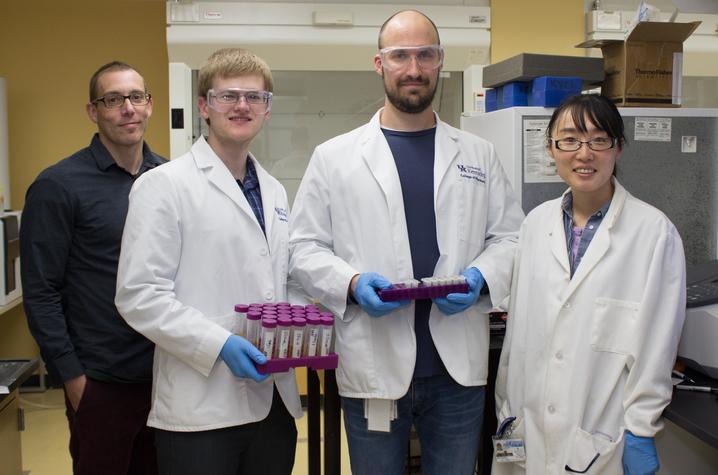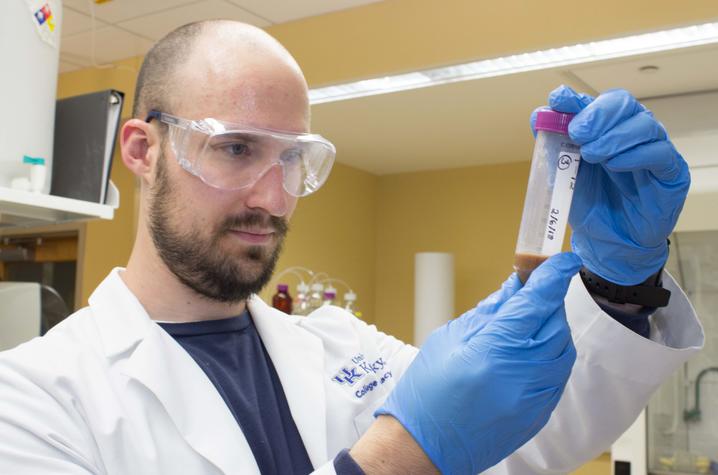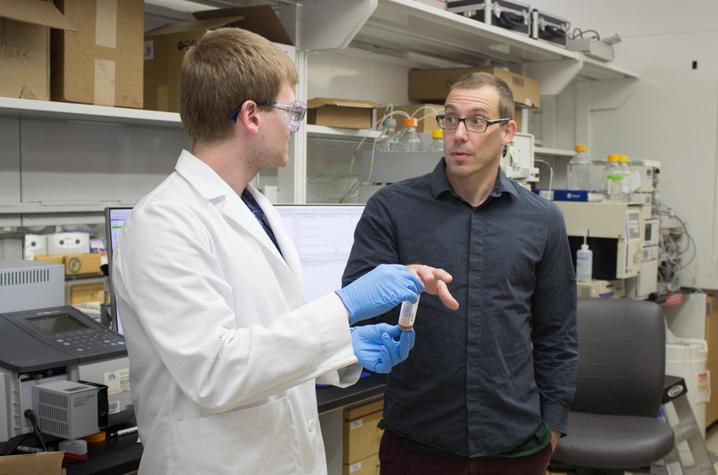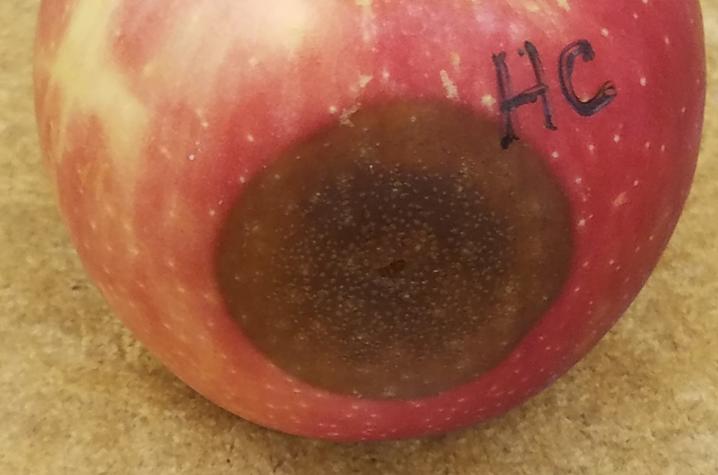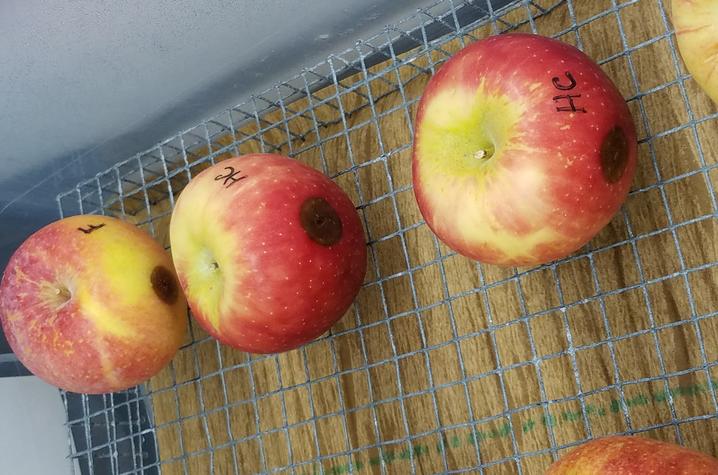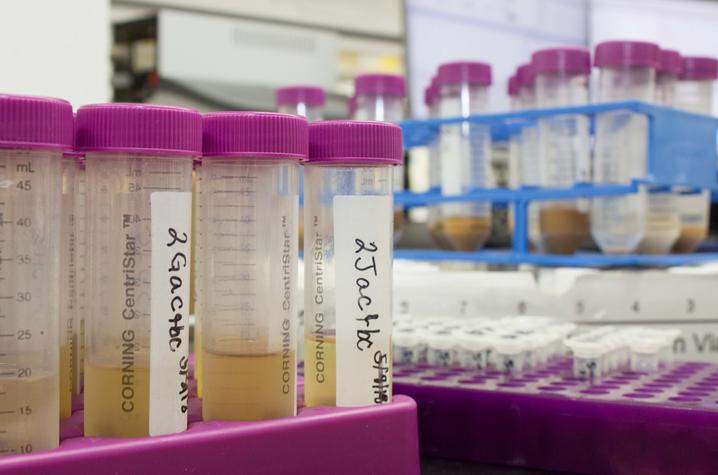How UK Spent the Summer: More Time for Student Research
LEXINGTON, Ky. (Aug. 16, 2018) — If you are walking or driving through the University of Kentucky campus during the summer, it may appear to be a quieter, more subdued environment than in the fall and spring semesters.
Fewer students permeate the sidewalks and hallways and at least a few less cars travel down South Limestone and Euclid Avenue. But even though class may not be in session, at UK we never slow down.
While summer may be a time for a break for some students, for others it is a time for even greater opportunity as they take advantage of less time in the classroom for more time spent exploring and learning in research laboratories throughout campus.
One such place is Steven Van Lanen's lab in the Lee T. Todd, Jr. Building. A professor in the UK College of Pharmacy's Department of Pharmaceutical Sciences, Van Lanen is working to discover new antibiotics to combat the ever-increasing problem of antibiotic resistance.
For five students — three undergraduates and two students completing a dual Pharm.D. and pharmaceutical sciences M.S. degree program — the summer was spent searching for new antibiotic leads including two students studying none other than rotting apples.
While it may seem odd, it not only has provided valuable research experience for the students but is also advancing a promising research endeavor in the field of natural products.
The research is in collaboration with the lab of Lisa Vaillancourt, professor and director of graduate studies in Plant Pathology in the College of Agriculture, Food and Environment. While Vaillancourt's lab is focused on understanding how certain fungal organisms invade plants, particularly those that can plague Kentucky's apple crops causing them to rot, Van Lanen's lab is now looking at the same rot-causing fungi to see if some of the small molecules found while growing on the apples could lead to new antibiotics.
"The ultimate goal is to find new antibiotics that can be used in the clinic to treat infectious diseases — but we are not limiting it to that," he said. "the research could also potentially benefit the agricultural sector, for example, by better understanding how to manage plant diseases."
While the research is promising, for Van Lanen it is also the opportunity to expose more students to research as early as possible during their educational journey.
"It makes a big difference for the students who have research experience prior to graduate school and can often even change their future path," he said.





